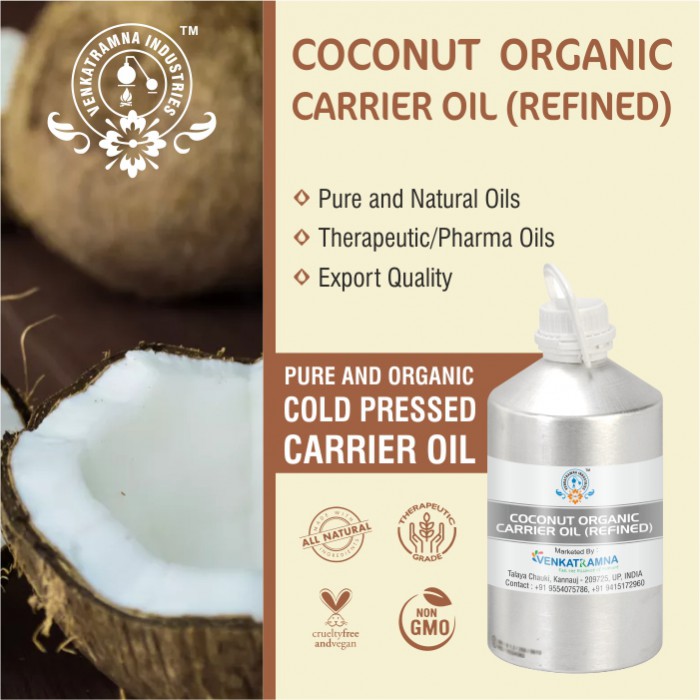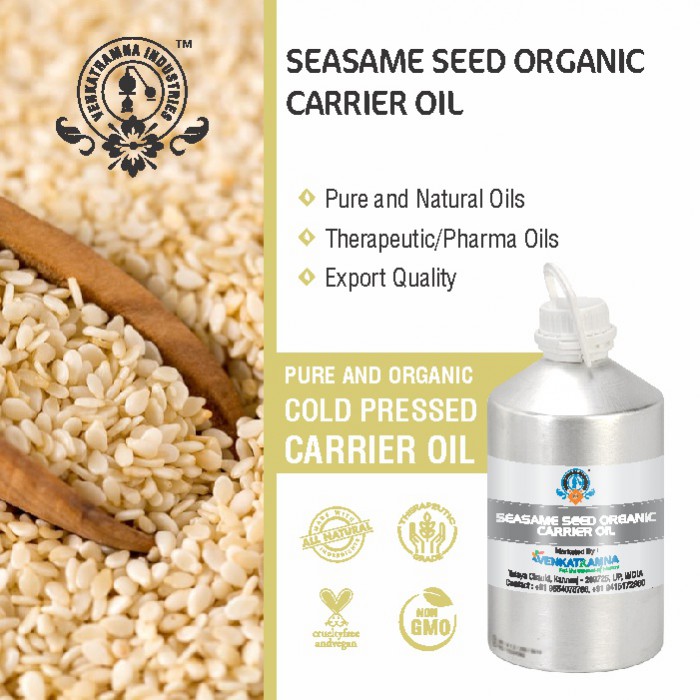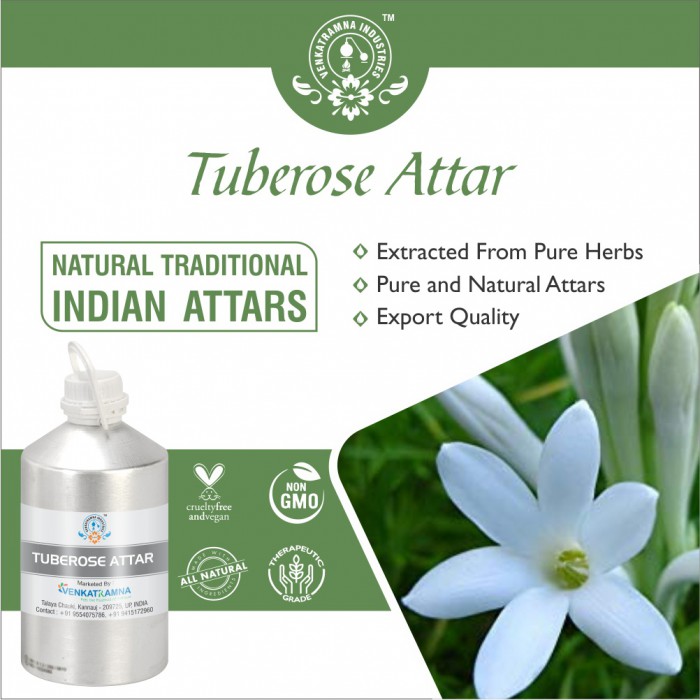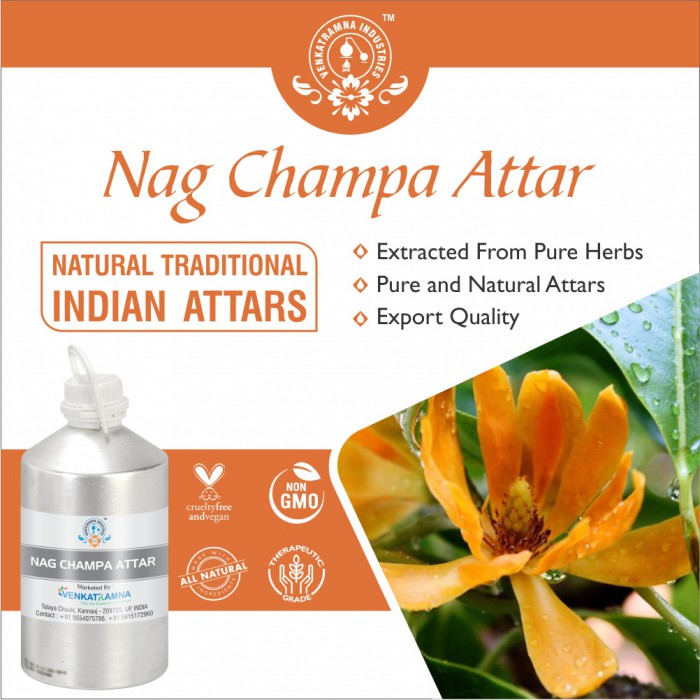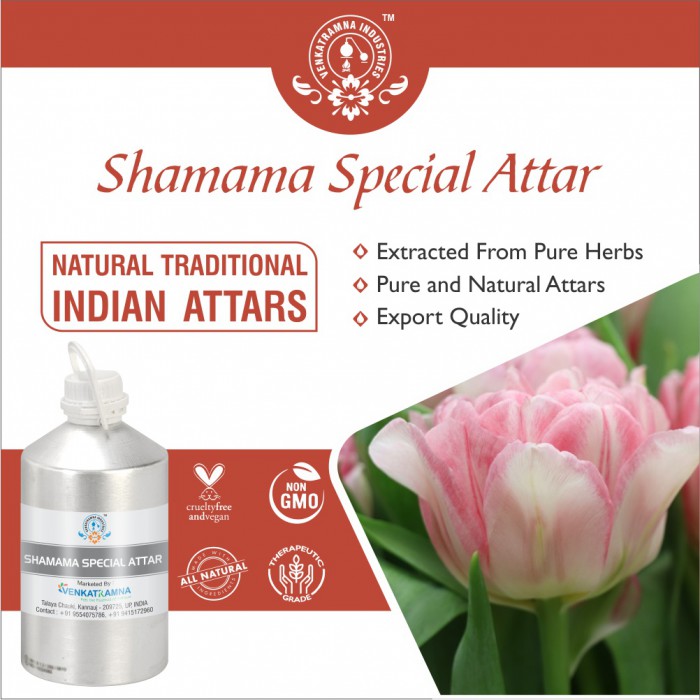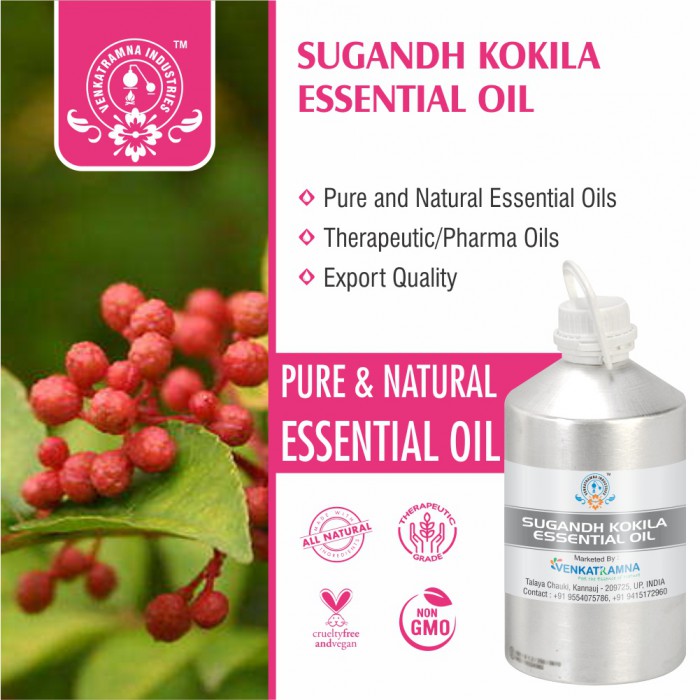Botanical Name: Pinus strobus L Common name: Pine, Eastern white pine, Read More
|
Botanical Name: |
Pinus
strobus L |
|
Common name: |
Pine, Eastern white pine, |
|
Plant
family: |
Pinaceae |
|
Genus: |
Pinus |
|
Appearance/Color: |
Colorless to Pale yellow with thin consistency |
|
Odor: |
Strong
aroma with top note and has fresh forest smell |
|
Blends With: |
Citronella, Clary Sage, Coriander, Cypress, Eucalyptus,
Frankincense, Juniper, Lavender, Myrrh, Rose Mary, Spikenard and Tea Tree |
|
Origin: |
Hungary |
|
Source: |
Needles (Leaves) |
|
Method
of Extraction: |
Steam
Distillation |
Pinus
strobus, commonly called
Eastern white pine, is a rapid-growing, long-lived, needled evergreen tree that
is native to the northeastern United States and Canada (State tree of Maine and
Michigan). Although pyramidal in its early years, it matures to a broad oval
habit with an irregular crown. Typically grows 50-80' in cultivation, but will
grow to 100' tall in the wild, with records existing to over 200'. Landscape
size and shape can be controlled through pruning, however, to the extent that
white pine may be sheared and grown as a hedge. Bluish green needles (to
5" long) are soft to the touch and appear in bundles of five. Cylindrical,
brown cones (4-8" long) are usually not produced until 5-10 years. An
important timber tree (perhaps more so in the 18th and 19th centuries than now)
which was and is valued for its lightweight, straight-grained wood (orange
heartwood and white sapwood).
DISCLAIMER
The complete range of conditions
or methods of use are beyond our control therefore we do not assume any
responsibility and expressly disclaim any liability for any use of this
product. Information contained herein is believed to be true and accurate however,
all statements or suggestions are made without warranty, expressed or implied,
regarding accuracy of the information, the hazards connected with the use of
the material or the results to be obtained from the use thereof. Compliance
with all applicable federal, state, and local laws and local regulations
remains the responsibility of the user.
The FDA has not evaluated the
statements on this website. No claims are made by Venkatramna Industries as to
the medicinal value of any products from vriaroma.com or by us. The information
presented here is for educating our customers about the traditional uses of
essential oils and is not intended to diagnose, treat, cure, or prevent any
disease. You are responsible for understanding the safe application of these products.
If you have any questions, please call or email us for further information.
As per NAHA guidelines, New Directions Aromatics
(NDA) does not recommend the ingestion of essential oils. It is imperative to
consult a medical practitioner before using Essential Oils for therapeutic
purposes. Pregnant and nursing women and those taking prescription drugs are
especially advised not to use this product without the medical advice of a
physician. The oil should always be stored in an area that is inaccessible to
children, especially those under the age of 7.
Traditionally,
pine needle essential oil is popular for its rich medicinal properties. In many
cultures, Pine essential oil is also used in case of food poisoning because it
stimulates the body to process and eliminate toxins at a faster rate, and
subsequently eliminate them faster through urination.
Pine essential oil helps to increase the
metabolism and boosts your activity levels. It is also helpful in purifying the
body due to its ability to treat intestinal problems. It is diuretic in nature
and helps remove excess water from your body through urination.
Pine needle Essential Oil impacts the mood positively
by relieving from stresses, energizing the body to help eliminate fatigue,
enhancing concentration, and promoting a positive outlook. Strong aroma with fresh
forest smell of Pine needle Essential Oil creates
positive mood in aromatherapies.
The health benefits of pine needle essential
oil also include some emotional benefits. It creates an energized feeling and
is effective for removing mental stress from any number of sources. It is also
used medicinally for removing adrenal fatigue and refreshing your spirits,
since it is an excellent mood elevator. Regular massage with pine essential oil
can give you mental clarity, and helps to removes anxiety and nervous tension.
Finally, it has been shown to be quite useful for people suffering from
weakened concentration and memory loss.
One of the most
important health benefits of pine essential oil is its role in treating various
skin problems. Dermatologists often recommend the oil for treating psoriasis,
itching, pimples, eczema, skin diseases, poor skin, scabies, sores, and fleas.
It offers balanced, smooth, renewed and shiny skin and can also act as an
antioxidant for the free radicals which can have such a negative impact on the
health of your skin. Free radicals attack the healthy skin cells and cause them
to mutate, resulting in premature aging, wrinkles, and sagging skin. Pine
essential oil can combat these negative effects.
Pine needle essential oil also has a
mesmerizing essence and gives a sweet aroma to the cosmetics in which it is
used. It is also used to make perfumes and scented products.
Pine needle essential oil can remove lice from
the hair, and is widely used as massage oil and bath oil.
It is well
known to enhance immunity function, clear the respiratory tract, address
symptoms of colds, coughs, sinusitis, asthma, and the flu, and facilitates the
healing of infections.
COMMON
USAGE
·
Cures
Respiratory Problems
·
Treats
Injuries
·
Reduces
Infections
·
Eye
Care
·
Relieves
Stress
·
Relieves
Pain
·
Boosts
Metabolism
·
Cosmetic
Applications
·
Skin
Care
Ingredients:
|
S.No |
Key Constituents |
Strength (%) |
|
1 |
a-Pinene
|
30.8–36.8 |
|
2 |
b-Pinene |
31.1–33.3 |
|
3 |
b-Myrcene |
4.7–13.1 |
|
4 |
b-Phellandrene |
5.4–6.0 |
|
5 |
Camphene |
5.2 |
|
6 |
(þ)-Limonene |
4.0–5.1 |
|
7 |
d-3-Carene |
0–3.7 |
|
8 |
Bornyl acetate |
0.9–1.9 |
|
9 |
Terpinolene |
0.9–1.0 |
|
10 |
a-Terpineol |
0.4–1.0 |
Safety Summary
·
Hazardous: When oxidized it causes skin sensitization.
·
Cautions: Old
or oxidized oils must be avoided.
Due to the
presence of a-pinene content, it is recommended that oxidation of white pine
oil should be avoided by storing in a dark, airtight container in a
refrigerator. It is recommended to add antioxidant to preparations.
Organ Specific Effects
·
Adverse skin reaction: No information was found for white pine oil,
but autoxidation products of a-pinene and d-3-carene can cause skin
sensitization.
·
Reproductive toxicity: The low reproductive toxicity of a-pinene,
b-pinene, b-myrcene and (þ)-limonene suggests that white pine oil is not
hazardous in pregnancy.
Systemic Effects
·
Acute
Toxicity: No data was
found.
·
Carcinogenic/anti carcinogenic potential: No data was found for red pine oil, but it
contains no known carcinogens.
·
Ecotoxicity: No data available
·
Bioaccumulation: No data available
·
Mobility in soil: No data available
·
Persistence and degradability: No data available
·
PBT and vPvB assessment: No data available
·
Avoid direct exposure into water streams and
ground water sources.


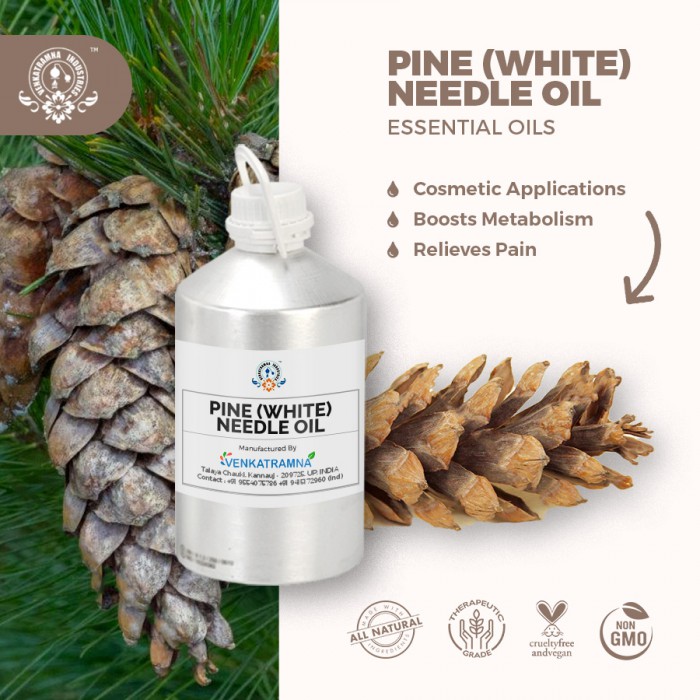
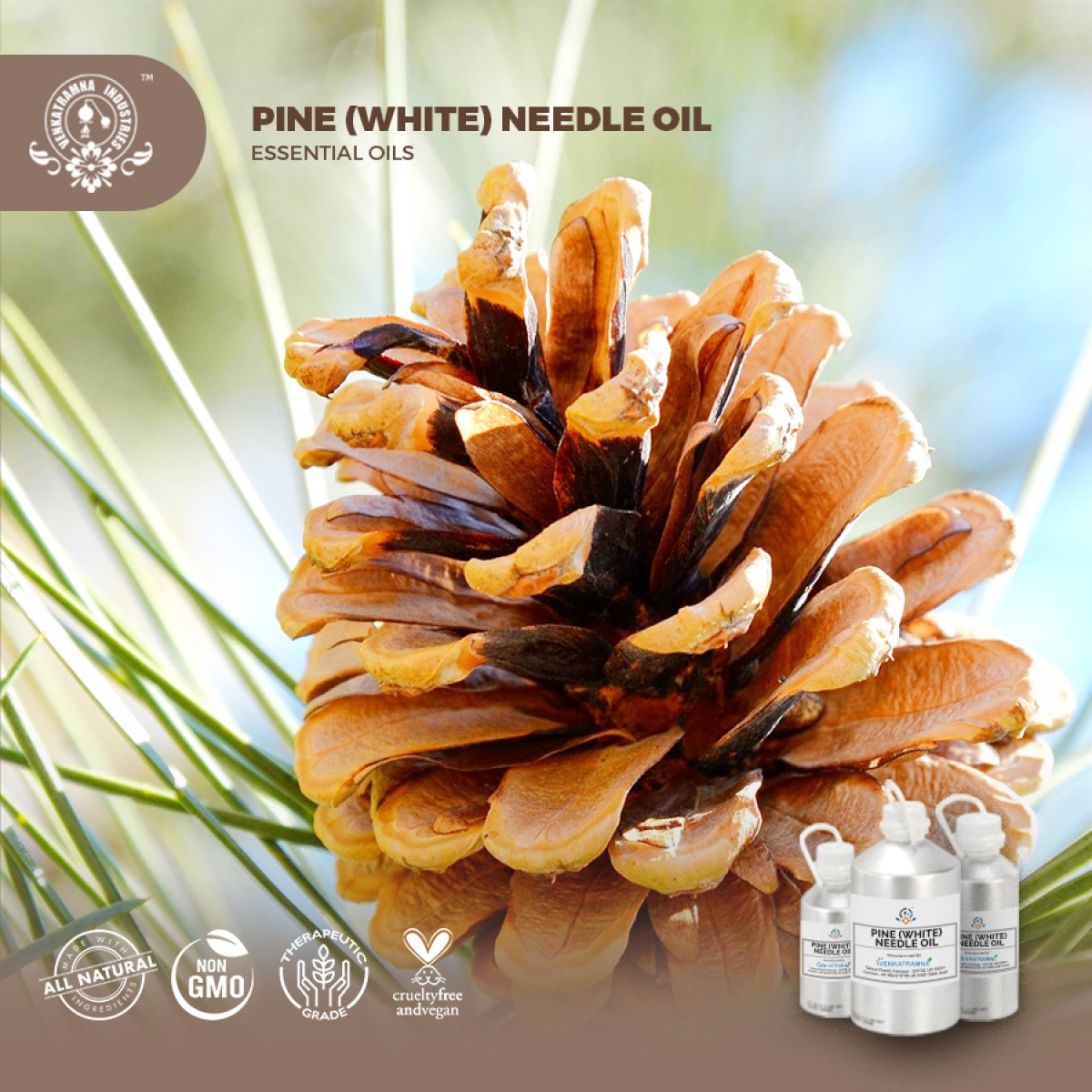
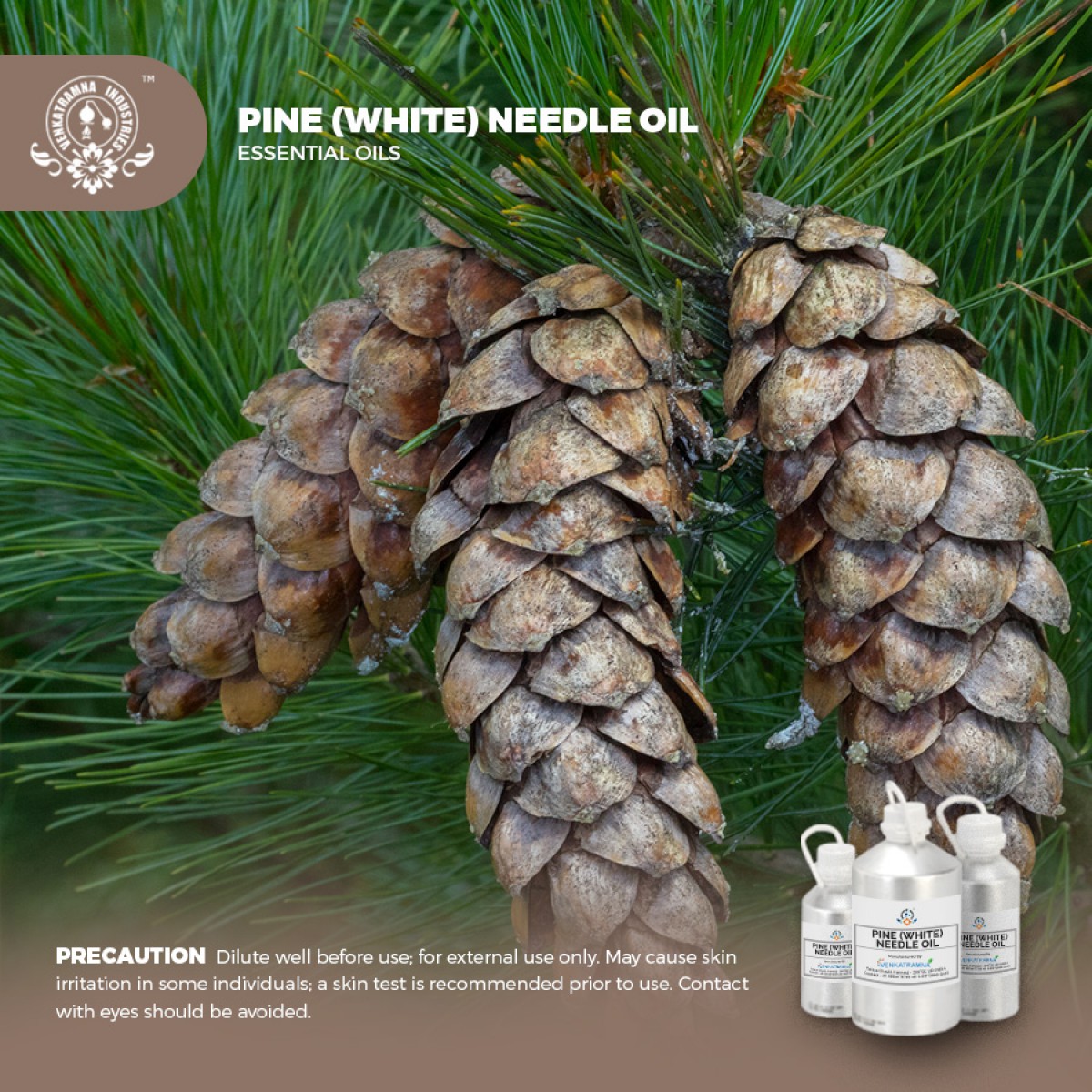
 MSDS-Pine1.pdf
MSDS-Pine1.pdf